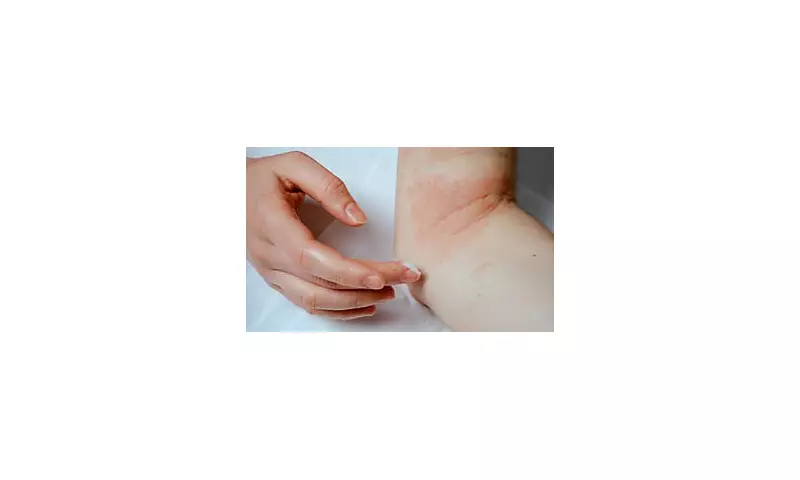
Shocking new research from the UK has revealed a deeply concerning link between the common skin condition atopic eczema and severe mental health struggles, including a significantly increased risk of suicide.
The study, which analysed health data from millions of adults, paints a distressing picture of the hidden psychological burden carried by those living with persistent skin inflammation and relentless itching.
The Invisible Pain Beneath The Surface
While eczema is often perceived as a superficial skin complaint, the research demonstrates its profound impact on mental wellbeing. Patients suffering from severe, persistent cases face a staggering 26% higher likelihood of developing clinical depression and a horrifying 26% increased risk of suicidal thoughts compared to those without the condition.
The constant cycle of itching, scratching, and discomfort creates more than just physical distress—it erodes quality of life, disrupts sleep patterns, and chips away at self-esteem, creating a perfect storm for mental health deterioration.
A National Health Wake-Up Call
This research serves as a crucial wake-up call for healthcare providers and the general public alike. With approximately 15 million people in the UK affected by eczema to varying degrees, the findings suggest a silent mental health crisis unfolding within our communities.
Medical professionals are now being urged to look beyond the physical symptoms and proactively address the psychological impact of chronic skin conditions. The study emphasises the critical need for integrated care that treats both the skin and the mind.
Breaking The Stigma, Seeking Help
The findings highlight the urgent need to destigmatise both skin conditions and mental health struggles. Many sufferers endure in silence, unaware that their psychological distress is directly linked to their physical symptoms—and that effective help is available.
Healthcare experts recommend that eczema patients experiencing low mood, anxiety, or depressive thoughts should seek immediate support from their GP or mental health services. Early intervention can make a profound difference in managing both the physical and emotional aspects of the condition.
This groundbreaking research not only sheds light on a previously underestimated health crisis but also opens the door to more compassionate, comprehensive treatment approaches for the millions living with atopic eczema across the United Kingdom.





